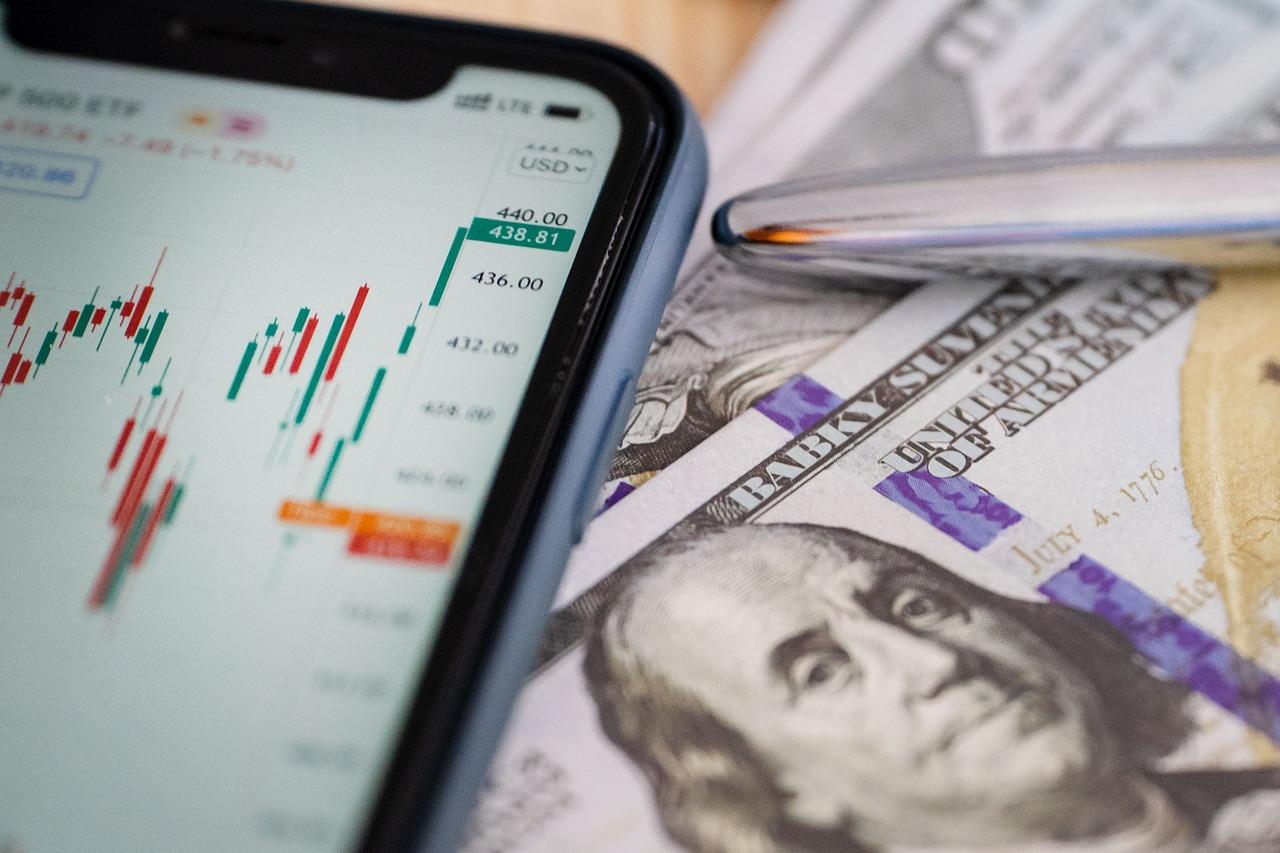
Meme Stocks Make a Comeback, But This Time, It’s Not Just Reddit
(MENAFN)
In 2021, a strange corner of the internet briefly became the center of the financial world. A group of Reddit users took on Wall Street, propelling GameStop and AMC into meme stock legend. That moment felt like a glitch in the system—loud, chaotic, and impossible to repeat.
Fast forward to 2025, and meme stocks are back. But this time, it’s not just Reddit. It’s faster, broader, and sharper. Platforms have changed. Strategies have matured. Traders are no longer just chasing hype—they’re using it.
So what’s really going on? Let’s dive into why meme stocks are trending again, what’s changed since 2021, and how experienced traders are navigating this new wave.
It’s Not the Same Game Anymore
Earlier this year, Opendoor, a pandemic-era stock that had mostly faded from the spotlight, jumped over 90% in just five trading days. This wasn’t because of an earnings surprise or a buyout rumor. It was driven by a sudden surge of interest from retail traders across Reddit, Twitter, and Discord.
But this time, it didn’t stop there.
Traders on platforms tracked the volume spike. Real-time sentiment bots flagged Opendoor as a fast-moving ticker. Hedge fund managers, like EMJ Capital’s Eric Jackson, amplified the momentum with a few strategic tweets. The stock exploded.
This wasn’t nostalgia for meme stocks. It was a real-time, multi-platform reaction to opportunity. According to MarketWatch, Opendoor’s daily volume hit 250 million shares, more than three times its 90-day average.
What’s Driving the Resurgence?
This resurgence of meme culture is not sudden and not out of the blue. It marks a shift not just in investor sentiment, but in how stock trading itself is evolving. It’s no longer just about fundamentals or charts, it’s about timing, social signals, and speed.
1. Social Signals Go Beyond Reddit
In 2021, Reddit’s r/WallStreetBets was the epicenter of meme stock culture. Today, things are more fragmented, and that’s exactly why meme surges have become harder to predict, but also harder to ignore.
Now, trading conversations are happening across:
● Twitter/X threads with high-profile investors
● Discord servers are built around daily setups.
● TikTok videos breaking down trends in 60 seconds.
● Telegram and WhatsApp groups exchanging quick-fire alerts
This spread means meme stock momentum can pick up from multiple sources, fast and without warning.
2. AI Tools Are Reading the Room First
Before a meme stock goes viral on social media, smart tools are already watching the signals. Traders now use AI-driven scanners that track unusual volume, sentiment spikes, and language patterns across social platforms.
It’s no longer just about "feeling the hype"; it’s about spotting it before it reaches your feed.
This gives retail traders who use tech wisely a sharper edge than ever before. You don’t need to predict which stock will go viral; you just need to react faster when the volume and buzz start stacking up.
3. Institutions Are in the Game Too
Unlike 2021, meme stock trading isn’t just retail vs. the hedge funds. Institutions now monitor the same sentiment data and often ride the momentum alongside retail.
In some cases, they even jump in ahead of it.
This creates a new dynamic. Institutional money adds scale to the rally, but it also exits earlier, creating sharper swings, quicker corrections, and less room for emotional decisions.
What’s Changed Since the First Meme Wave?
Less Emotion, More Execution
The first wave of meme trading was all about belief. Traders held through the dips, hoping for a short squeeze or a Reddit-fueled miracle.
Now, it's different.
Today’s traders are entering meme names for the trade, not the story. Most of them don’t care about “holding the line.” They’re in and out fast, riding short bursts of volume.
Shorter Timeframes, Tighter Stops
It’s not uncommon to see meme stocks rise and fall within the same trading session. That’s because many traders are setting tighter risk limits. They’re taking profits early and avoiding long exposure.
Volatility is the goal now, not conviction.
In one week, the VanEck Social Sentiment ETF (BUZZ) jumped over 14%, driven largely by meme stock exposure, only to reverse a third of those gains just days later.
Algo Trading Isn’t Just for the Big Guys
More retail traders are using bots to track social media volume, identify high-momentum tickers, and even auto-trade when pre-set criteria are met.
This means even on a low-volume day, a stock with the right social buzz can suddenly pop, because bots move faster than human traders.
The Risk Is Still Real
Meme stock trading has evolved, but it’s still high risk. These moves are fast, emotional, and often thin on fundamentals. A tweet or one bad headline can reverse a rally in minutes.
That’s why the best traders today:
● Treat meme setups like day trades
● Use size control to manage risk.
● Follow volume, not hype
Yes, the opportunity is there—but only if you treat meme moves with the discipline of any other trade.
Final Thoughts
Meme stocks aren’t just a trend from the past. They’re part of a new trading rhythm—fueled by fast-moving information, emotional sentiment, and smarter tools.
Reddit may have started the movement, but today, it’s a much bigger game.
The platforms are different. The players are faster. The strategies are sharper.
If you’re trading meme names in 2025, one thing is clear: you need to watch the volume, follow the sentiment, and move like the market does—quick, precise, and always aware.
Because in this version of the meme stock era, you’re not betting on the hype.
You’re trading the wave.
MENAFN05082025008350017539ID1109885296

Legal Disclaimer:
MENAFN provides the
information “as is” without warranty of any kind. We do not accept
any responsibility or liability for the accuracy, content, images,
videos, licenses, completeness, legality, or reliability of the information
contained in this article. If you have any complaints or copyright
issues related to this article, kindly contact the provider above.


















Comments
No comment